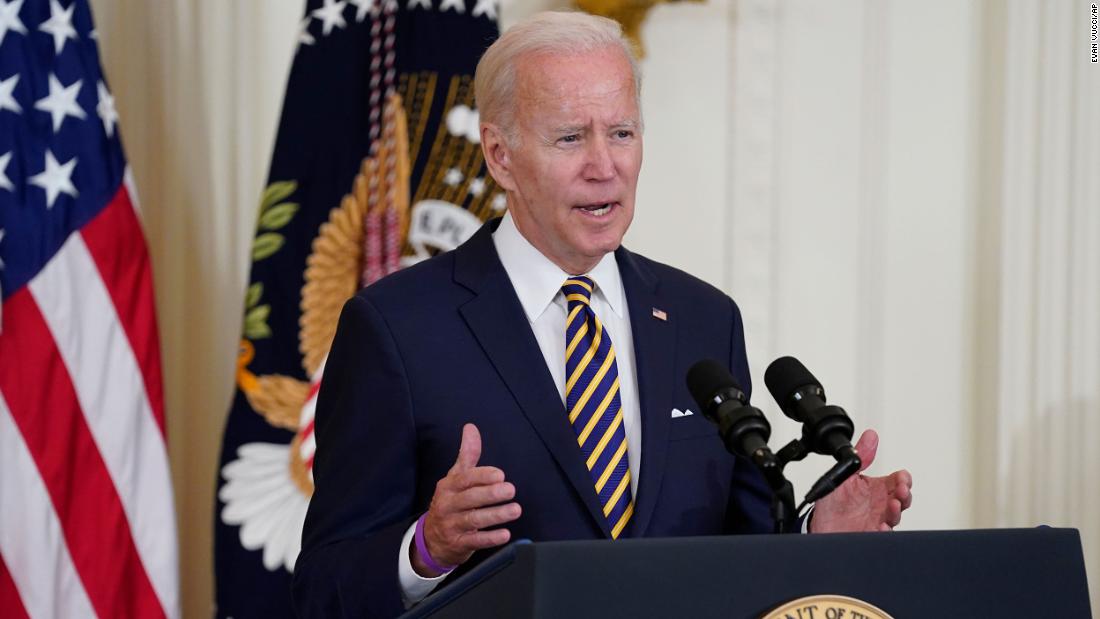lpetrich
Contributor
Biden’s Staff Sounds Climate Alarm — About Biden - "A letter obtained by The Lever shows the call for climate action is now coming from inside the Biden administration."
Saul Levin on Joe Manchin:The letter to Biden and Senate Majority Leader Chuck Schumer (D-N.Y.) — provided to The Lever by a House Democratic staffer — is initialed by 165 staffers at federal health and environmental agencies and at 75 congressional offices. They are demanding the president use more aggressive tactics to pass his long-promised climate agenda through the Senate.
“President Biden, you have an exigent responsibility to reduce suffering all over the world, and the power and skills to do so, but time is running out,” says the letter, which is now being circulated throughout the administration for more signatures. “You are the president of the United States of America at a pivotal moment in the history of the world. All that we ask is that you do everything in your power. We’ve done our part. We implore you to do yours.”
Back to the staffers' letter.“Our house is on fire, and Manchin burned the stairs. Democratic leaders are walking away,” Levin told The Lever. “We cannot. We must test the fire escape, find the fire extinguisher, tie some sheets together if we have to: Our lives depend on it.”
I'm also unimpressed by Joe Manchin's stated concerns about inflation. Nobody ever calls military spending inflationary, for instance.This unusual action from staffers at Biden’s own agencies spotlights the high stakes of the moment — the window of opportunity to pass climate legislation under a Democratic trifecta may be coming to an end, and it could be years before massive investments in clean energy become possible again.
...
“The first option must be for Senator Manchin to vote to pass the House Build Back Better climate justice provisions by the end of July, as part of a reconciliation package,” the staffers wrote. “The second must represent a bold and creative alternative that Senator Manchin understands to be much worse. For example, you and Senator Schumer could strip Senator Manchin of his Chairmanship of the Senate Energy and Natural Resources Committee, shut down the Mountain Valley Pipeline Project, eliminate the use of mountaintop removal and coal burning, and establish stringent water and air pollution standards.”
Manchin’s concerns about inflation should ring hollow: There is overwhelming consensus among economists that subsidizing clean energy would actually reduce inflation by making energy cheaper for consumers.
Summarizing academic testimony to lawmakers, climate reporter David Wallace-Wells noted in a recent column that “the public health costs of air pollution [are] so high that a total decarbonization would entirely pay for itself through the public health benefits alone. You don’t even need to consider climate, in other words, for decarbonization to make sense, even according to the strictest cost-benefit analysis.”


